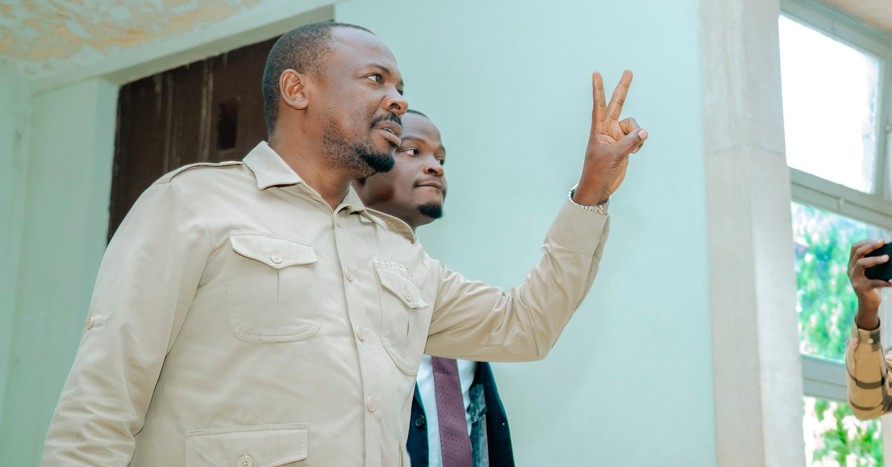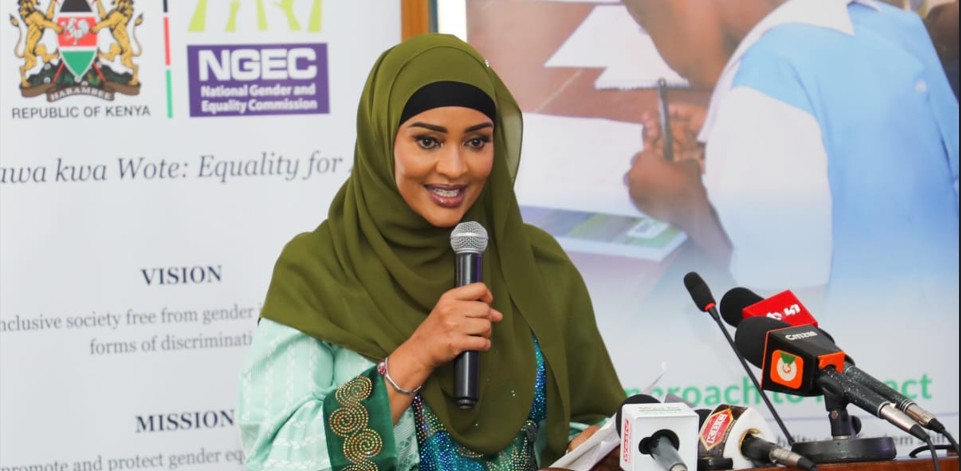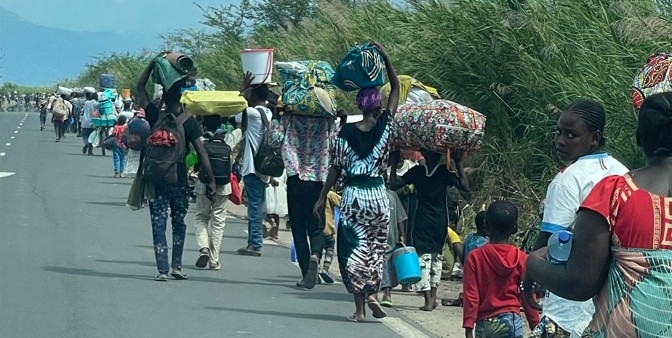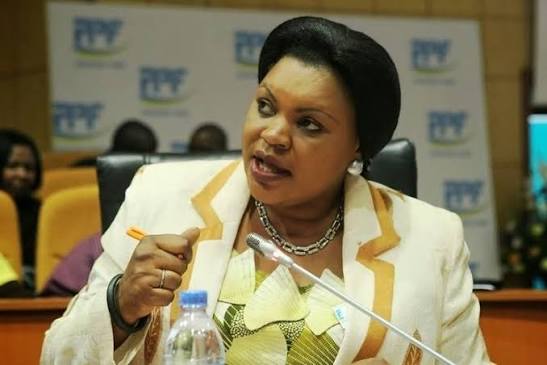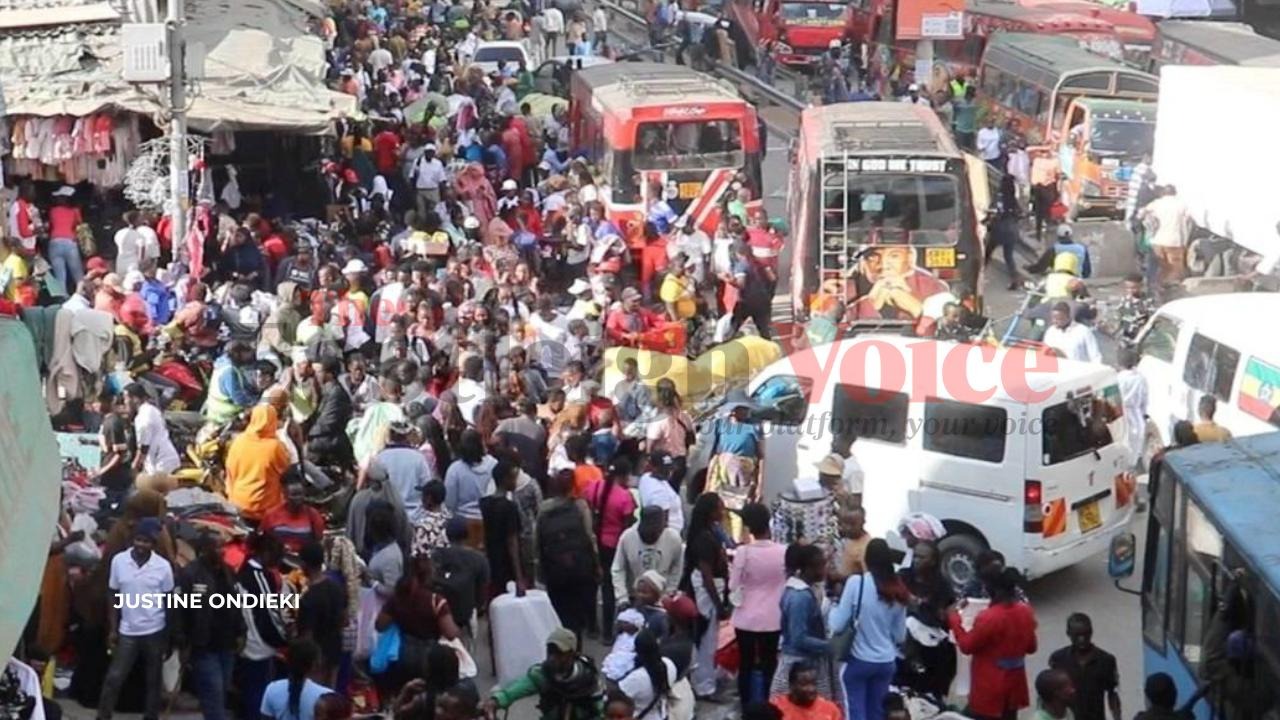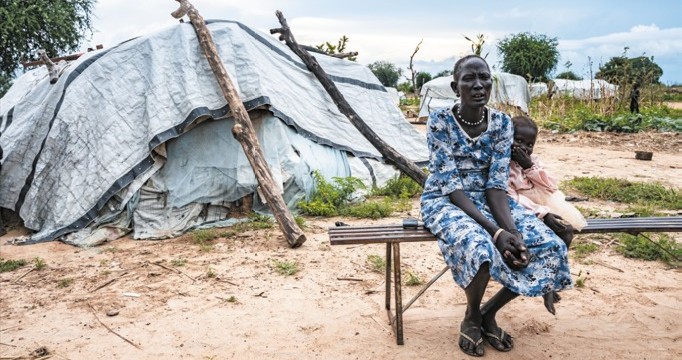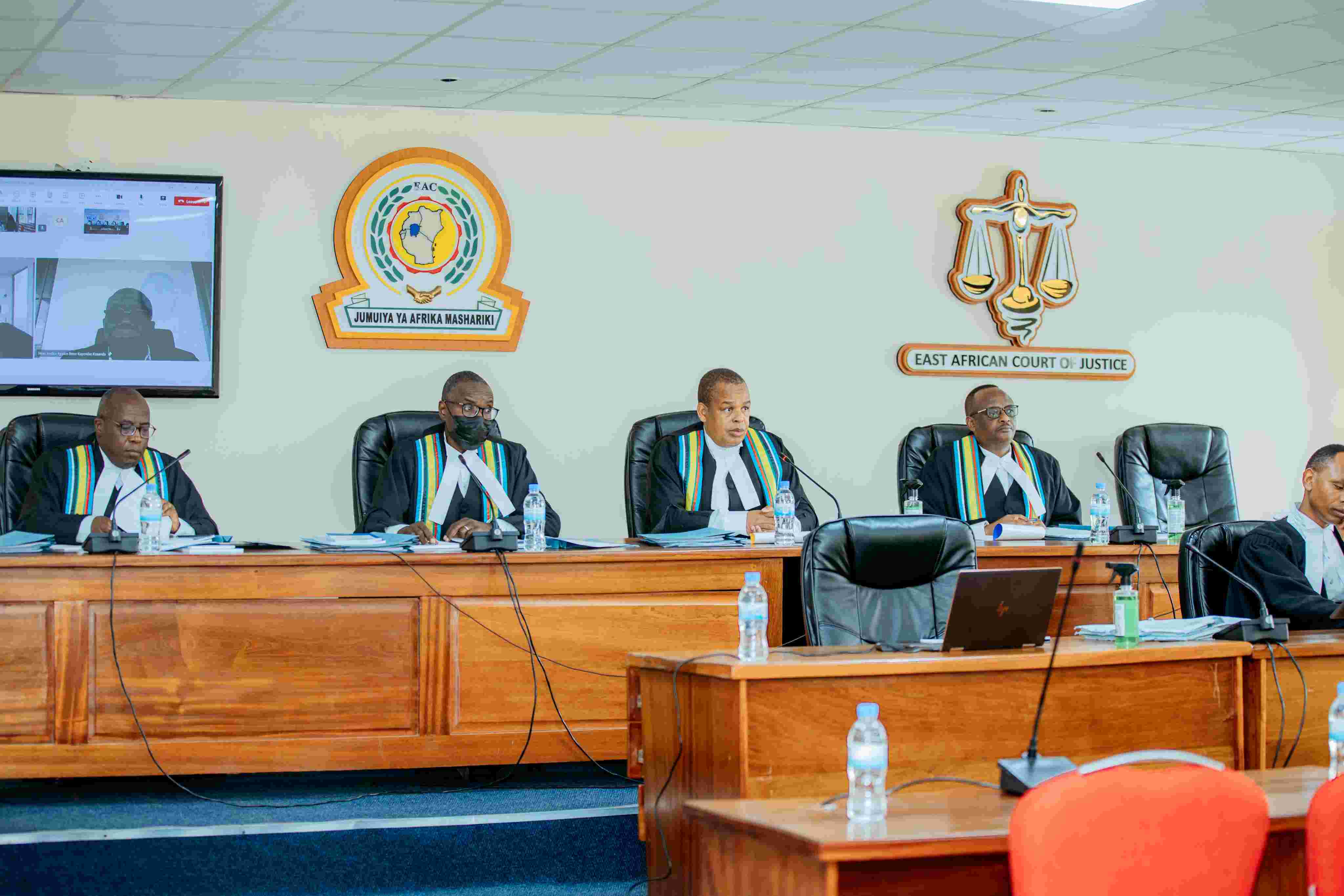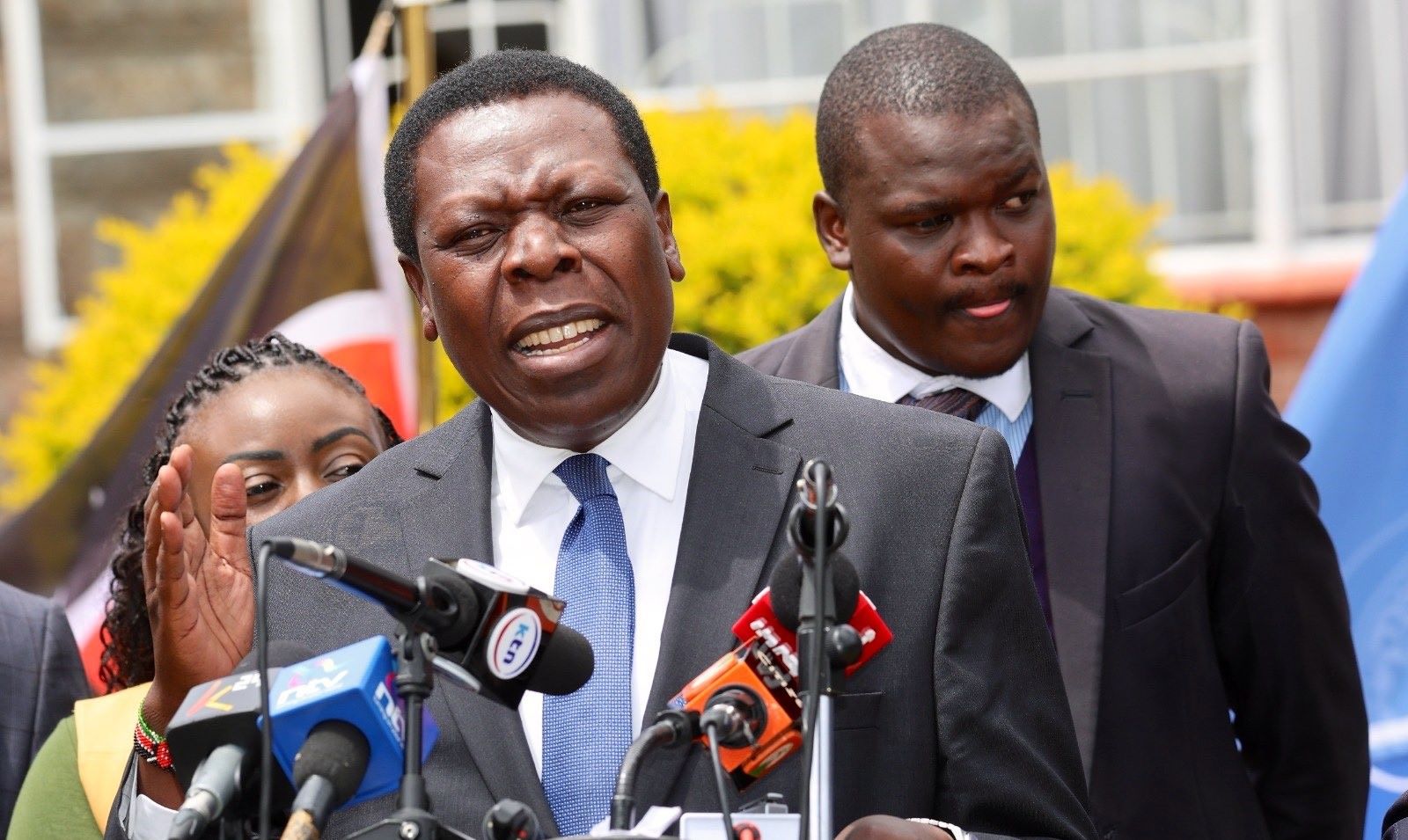Lobby group slams govt’s ill-preparedness for Grade 9 transition in 2025
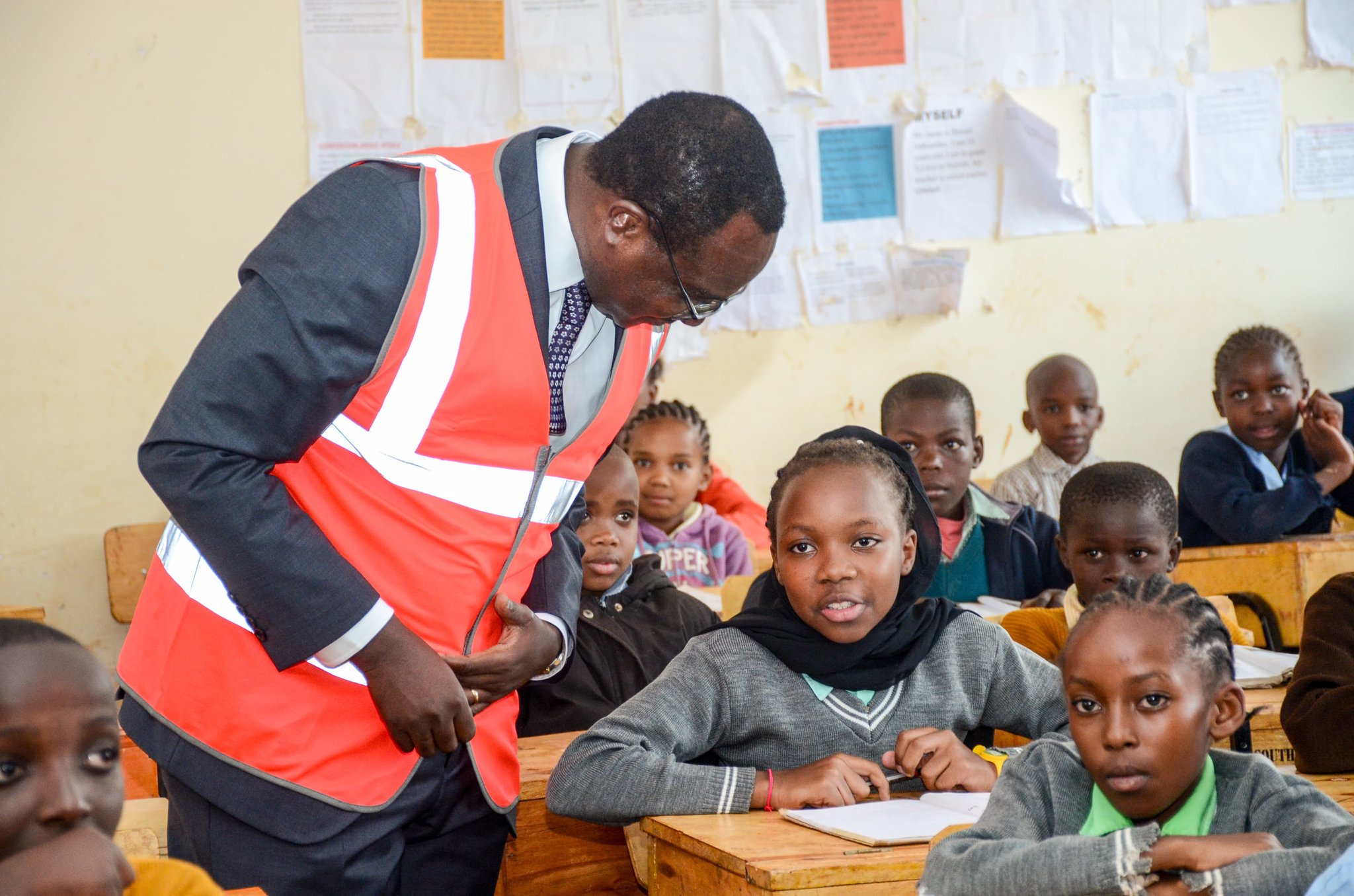
The group has expressed concern that without urgent interventions, the government’s mishandling of the transition could leave students ill-prepared and further undermine the education system.
The Elimu Bora Working Group (EBWG), a lobby group under the Kenya Human Rights Commission (KHRC), has called for immediate government action to address the poor planning and lack of preparation for the transition of junior secondary school students from Grade 8 to 9 in 2025.
The group has expressed concern that without urgent interventions, the government’s mishandling of the transition could leave students ill-prepared and further undermine the education system.
More To Read
- Government raises primary school capitation by 58 per cent to Sh2,238 per learner
- Capitation withheld from 29 schools pending verification, Education CS Ogamba tells MPs
- Capitation crisis forces early school closures nationwide
- Education CS Julius Ogamba summoned by MPs over delays in school capitation funds
- New funding formula aims to guarantee timely release of school capitation
- MPs urge Education Ministry to recall students sent home over delayed capitation payments
In a statement on Monday, EBWG urged the government to ensure that Grade 9 students receive the necessary support to prepare for senior school and that all learners have access to free, quality education beginning the January 2025 academic year.
The lobby group wants the government to ensure parents and guardians do not pay tuition or admission fees, in line with the constitutional guarantee of free education.
“The government's failure to plan adequately for this crucial transition is a matter of grave concern. The education sector is already under pressure, and without immediate action, the transition to Grade 9 will be a disaster,” reads the statement.
“We demand that the government provides the necessary resources to ensure that every student has access to the education they are entitled to.”
Adequate infrastructure
The group raised alarms over several key issues affecting the transition, particularly the lack of adequate infrastructure in schools to accommodate the influx of students into Grade 9.
Many schools, according to the lobby, are ill-equipped with sufficient classrooms, teaching materials, and resources needed to support the increased student population.
“Schools are not prepared to handle the additional students coming into Grade 9. There is an urgent need for more classrooms, teaching aids, and educational resources,” it said.
The shortage of teachers was also highlighted as a major challenge. Despite the recruitment of 80,000 Junior Secondary School (JSS) teachers by the Teacher Service Commission (TSC), the group claims that the teacher-to-student ratio remains low, with many schools having just three JSS teachers.
“The recruitment of teachers is not enough. The number of teachers per school is too low to cope with the workload, leaving both teachers and students under immense pressure,” EBWG said.
In addition, the group criticised the ongoing financial barriers that continue to obstruct access to education, particularly the hidden costs that still burden parents and guardians.
While the Basic Education Act of 2013 prohibits tuition fees in public schools, EBWG stated that many families continue to face admission and tuition fees.
“The law clearly states that public education should be free, but in practice, hidden costs are still being charged. This is unfair, particularly to families who are already struggling to make ends meet,” reads the statement.
The lobby group also pointed out that the failure to establish adequate systems for supporting students with disabilities and the lack of attention to marginalised communities are compounding the challenges faced by the education sector.
Despite constitutional guarantees of inclusive education, the group says many students with disabilities continue to face barriers in accessing quality education.
EBWG’s call for action comes amid growing concerns over the overall state of the education system in Kenya, with many institutions plagued by underfunding, mismanagement, and lack of accountability.
The reopening of schools for the first term of 2025 on Monday saw low attendance across Nairobi and other regions, with fewer students at bus terminals and schools.
Parents expressed concern over several challenges, including fee increments, the unavailability of Grade 9 books, high transport costs, and the overall rising cost of living, which have made it difficult to send their children back to school.
In this regard, the lobby group has called on the government to ensure that no student is left behind, regardless of their socio-economic background.
“The government must prioritise education and ensure that all students have equal opportunities to succeed. This means removing financial barriers and addressing the chronic underfunding of schools,” the group said.
The Elimu Bora Working Group has urged the government to take swift and decisive action to address these issues and provide all students with the quality education they deserve.
Top Stories Today
Reader Comments
Trending
